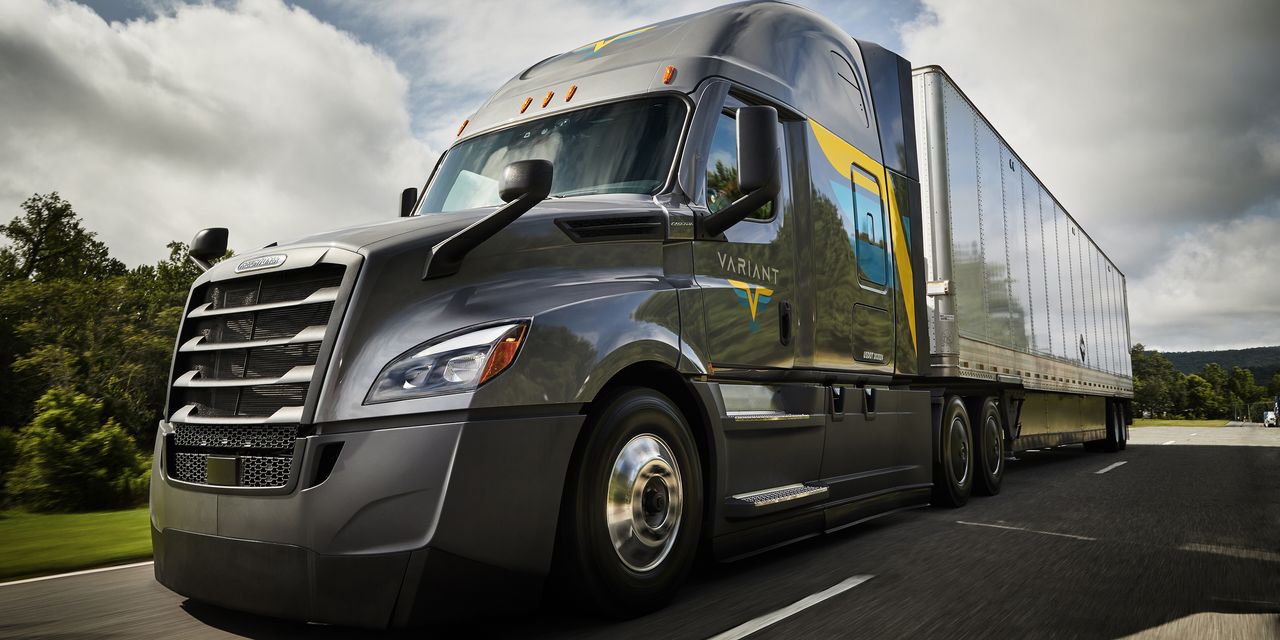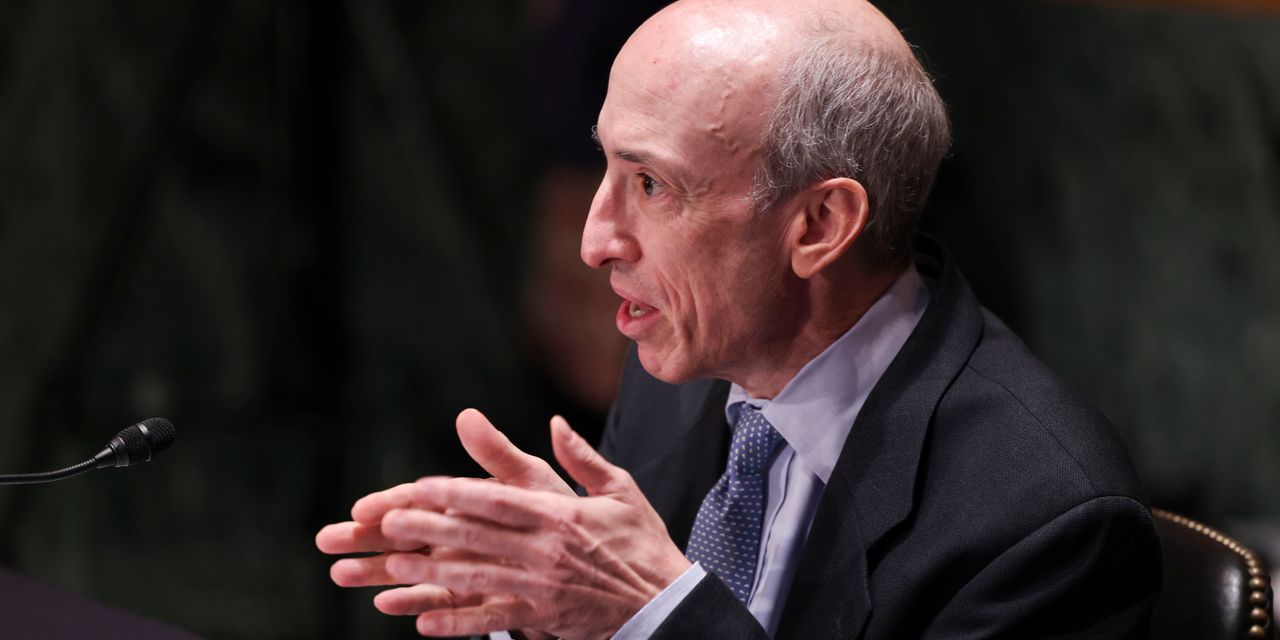
A chronic shortage of workers has more employers turning to artificial intelligence to supercharge recruiting efforts, seeking an edge in an increasingly pitched battle to fill job openings.
By automating previously manual tasks—like pre-screening job applicants for basic qualifications, checking for professional credentials and licenses, or scheduling follow-up interviews—employers hope to streamline the hiring process and scoop up available workers before competitors move in.
Artificial-intelligence capabilities, like conversational AI software, can speed up the early back-and-forth emails, texts and other communications with applicants and quickly get strong candidates in front of recruiters. Other AI-enabled tools are being used to accelerate the employee onboarding process, getting new hires oriented, trained and set up with computers, business apps and corporate email accounts.
Trucking company U.S. Xpress Enterprises Inc. uses conversational AI software to handle most of the early stages of the hiring process, including text exchanges with job applicants, said Amanda Thompson, the Chattanooga, Tenn.-based business’s chief people officer. When job seekers submit an application via a mobile device, the AI tool automatically replies with a series of preliminary questions, she said.
Ms. Thompson said the supply-chain disruptions resulting from the Covid-19 pandemic and its aftermath have led to soaring demand for truckers and a dearth of available drivers. “It’s a highly competitive labor market,” she said.
“If drivers are sitting at a truck stop, or at home, and they’re ready to apply for a job, we want to make that as easy as possible,” she said.
The Labor Department on Friday said U.S. hiring slowed in December, with employers adding 199,000 new jobs, compared with average monthly job growth of 537,000 in 2021. Some economists said the slowdown reflects companies’ inability to find workers as labor supply remains tight.
Roughly 80% of 400 human resources and other corporate officials surveyed this year by information-technology trade group CompTIA said they expect AI to have a moderate to significant impact on HR and recruiting in the year ahead. Most companies are already piloting or actively using AI in candidate screening, onboarding, competency assessment and career planning, CompTIA said.
That demand is catching the attention of investors. Paradox Inc., a Scottsdale, Ariz.-based startup that developed the AI recruiting tools used by U.S. Xpress, last week announced a $200 million fundraising round that lifts its valuation to roughly $1.5 billion, Paradox said.
“People are looking at old systems and saying this isn’t going to get it done,” said Aaron Matos, the company’s chief executive. “What we take out is the waiting,” Mr. Matos said.
Saleem Khaja, co-founder and chief operating officer at WorkLLama, an online platform that uses a conversational AI bot to connect job seekers with employers, said shifting workforce demographics mean that talent is more comfortable with—and often prefers—engaging with employers via messaging apps rather than getting on a call.
U.S. Xpress, which operates a fleet of more than 6,500 trucks and 13,000 trailers, said it had a 40% increase in the number of experienced hires in the fourth quarter compared with the same period in 2020. The company currently has more than 7,000 drivers, including full-time employees and independent contractors. Ms. Thompson said, Paradox’s AI platform has helped reduce the time it takes to get a new driver through the application process, and on the company payroll, from several weeks—or even months—to a week or so.
Jason Pyle, president of staffing firm Harvey Nash USA, said his company’s experience with AI recruiting tools has been mixed. The tools, he said, tend to miss crucial aspects of successfully placing job candidates, such as understanding an employer’s broader goals or offering a sense of company culture. “Our experience is these tools fall short in delivering start to finish,” Mr. Pyle said.
Some lawmakers, regulators and analysts have called for closer scrutiny of the use of AI software in assessing job candidates. They say hiring bias can result from unintentional racial or gender stereotypes buried in data sets and algorithms.
The New York City Council in November passed a bill requiring employers and staffing agencies to conduct a bias audit before using AI tools to screen job candidates.
Paradox says its platform only handles the administrative side of the process and does not make hiring decisions or suggestions.
Write to Angus Loten at [email protected]
Copyright ©2022 Dow Jones & Company, Inc. All Rights Reserved. 87990cbe856818d5eddac44c7b1cdeb8








